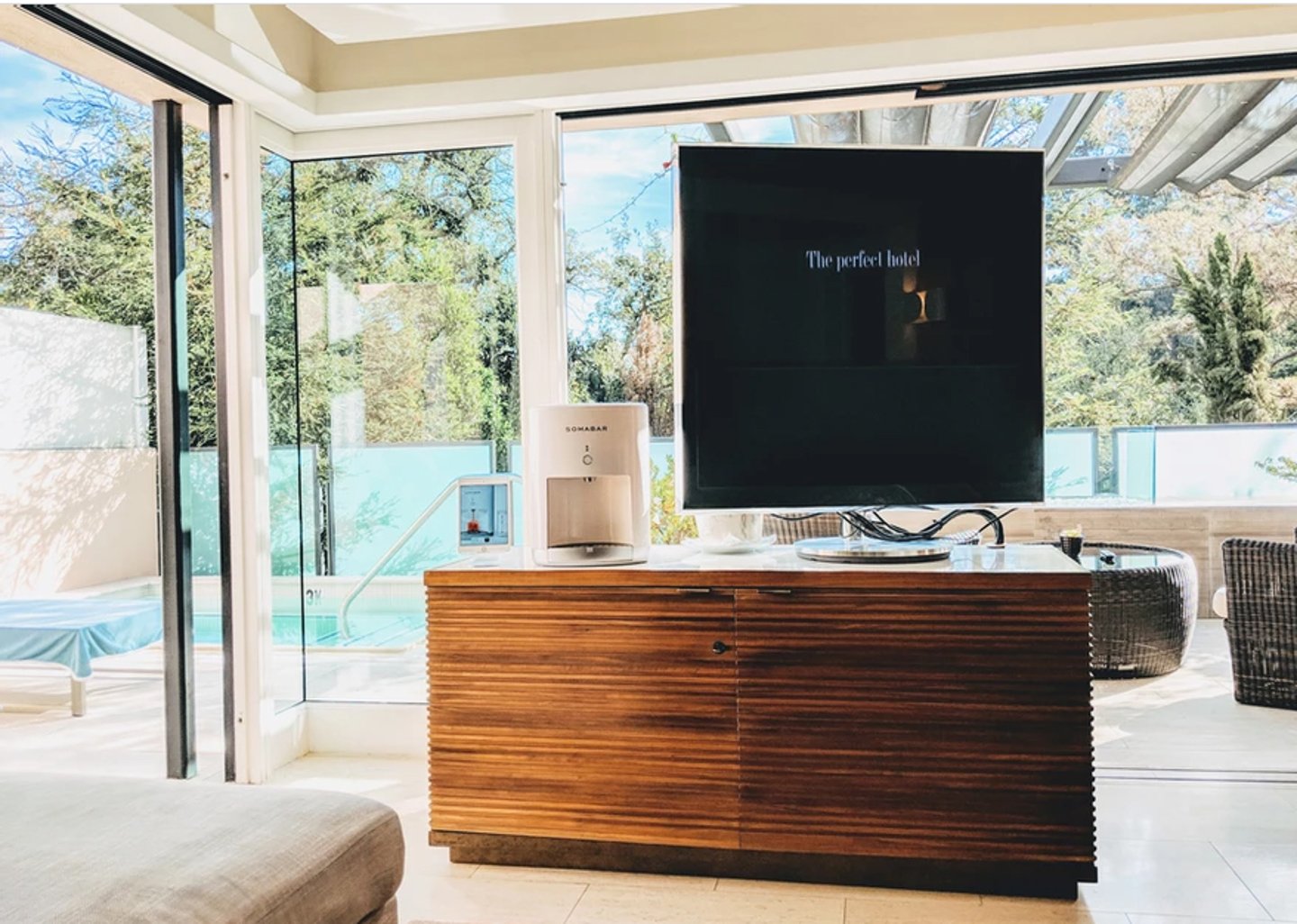Automated Bartenders: A New Essential for Hospitality
Have you ever wished Siri could make you a cocktail? Well, soon both Siri and Alexa will be able to as their voice recognition technology becomes integrated with automated cocktail machines. This means that “automated bartenders” will be able to respond to a phrase as simple as: “Hey Siri, make me a Spiced Rum Mai Tai.” This has obvious potential for at home use by consumers. But why would a hotel or restaurant be interested in this type of technology? Consider these three reasons:
Reduced Staffing
Reopening guidelines across the country require a reduction in customers allowed into restaurants and bars. This also means a reduction in staffing to limit staff density, movement, and contamination risk. Having a professional cocktail machine allows foodservice establishments to provide professional cocktails without the need for a dedicated staff member or bartender. This allows smaller teams to operate more efficiently while still providing customers with consistently fresh and professional drinks.
Minimized Ingredient Contamination
The average cocktail requires multiple bottles to be handled and various measuring tools to be used – all by human hands. Using an automated cocktail machine, however, dramatically reduces the number of touches from dozens to just a few. As an added benefit, it significantly limits the zone of movement of the drink preparer and reduces the wait time dramatically. A machine can make a craft cocktail in approximately 10 seconds, whereas even a simple cocktail can take a bartender up to two minutes to create. Additionally, a busy bartender is often hastily grabbing and replacing bottles, moving to and from drink preparation areas, and back and forth to the sink to grab and clean and replace tools. This is a lot of chaotic movement in highly trafficked, cramped environments when the goal is to limit person-to-person and shared-surface contamination.
Lowered Costs, Controlled Expenses
Reopening during the pandemic makes many operators more cautious, as it is hard to tell when customers will return. This fact, together with regulations limiting the number of tables and customers that can be served, will impact decisions as to staffing size and the hours staff will be asked to work. And although operators may want to bring back their full staff as soon as possible, it is far from certain that foodservice revenue will increase quickly enough to support a full team. Additionally, team members can get sick and might have to call out of work. A cocktail machine, however, will never miss a shift or call in sick. And as an added benefit, it can track every drink made, limiting drink loss from over-pouring and free drinks, as well as returned cocktails due to inconsistent preparation.
Chris Hameetman is the President & CEO Somabar, where he leads business strategy and product innovation. Prior to joining Somabar, Hameetman served as the Los Angeles President & Network Chairman of Tech Coast Angels, one of the most prolific venture networks in the United States. He graduated with a B. A. from Duke University and a J.D. from the UCLA School of Law.


